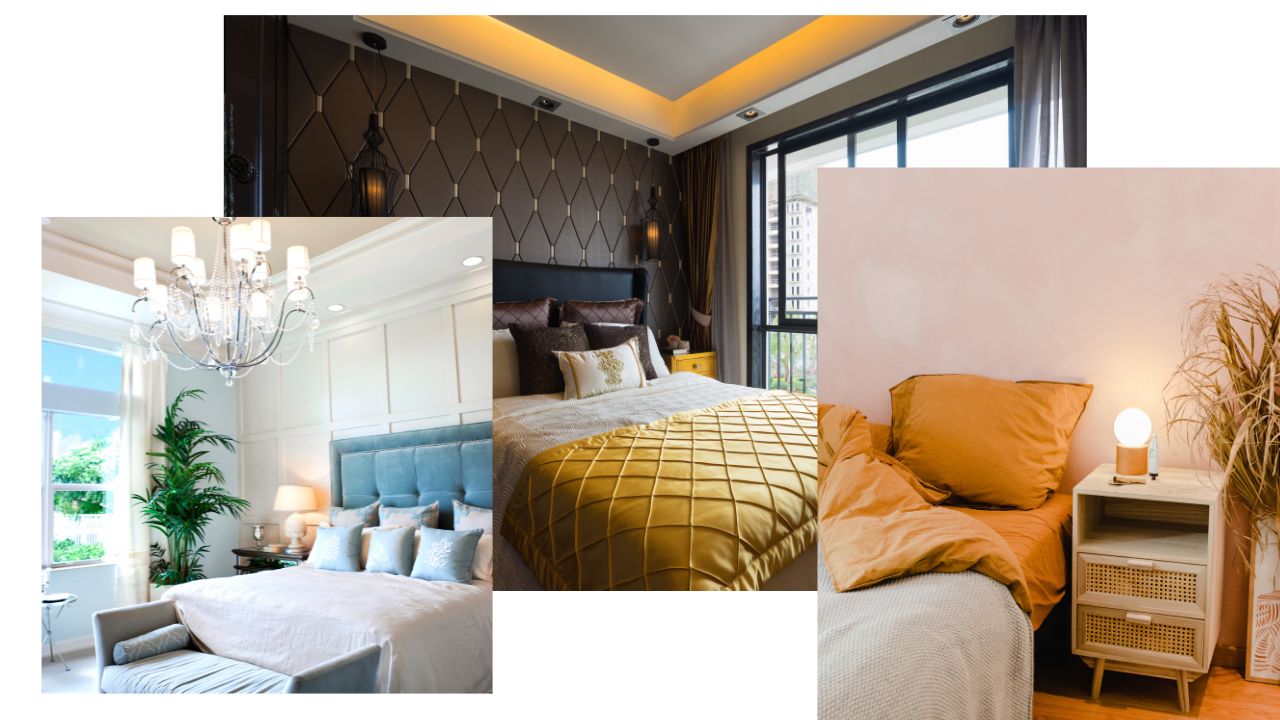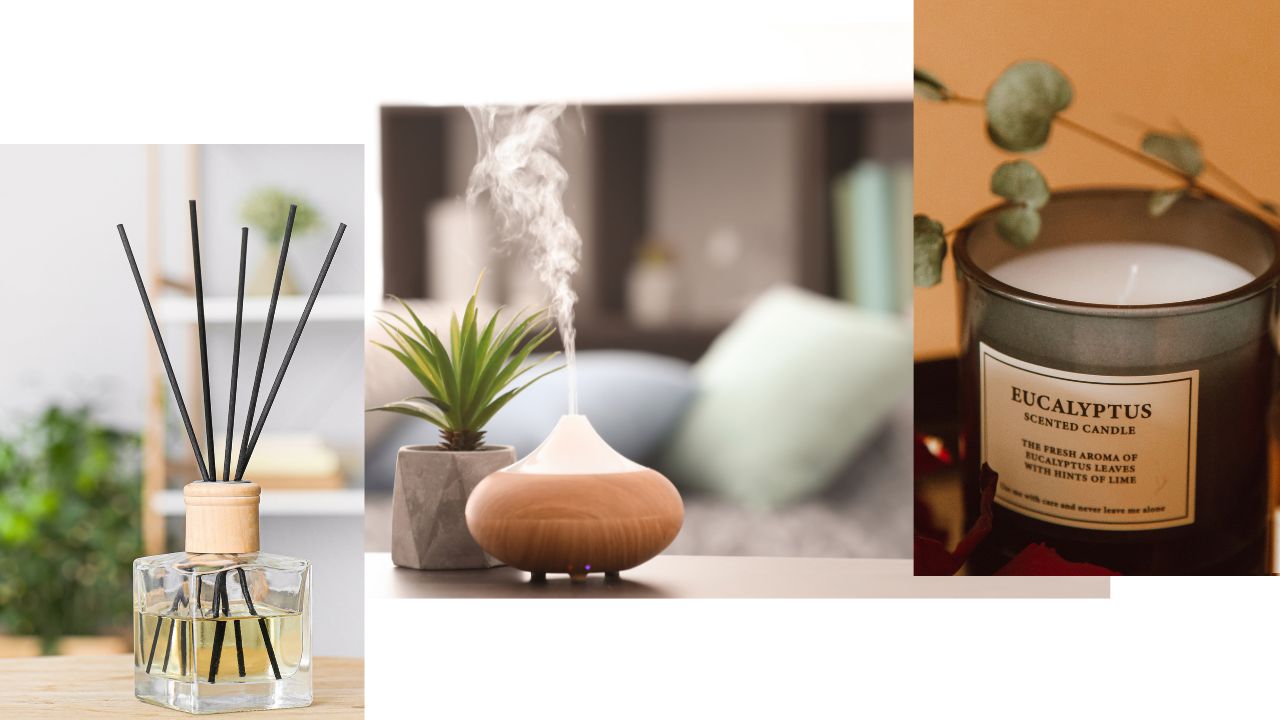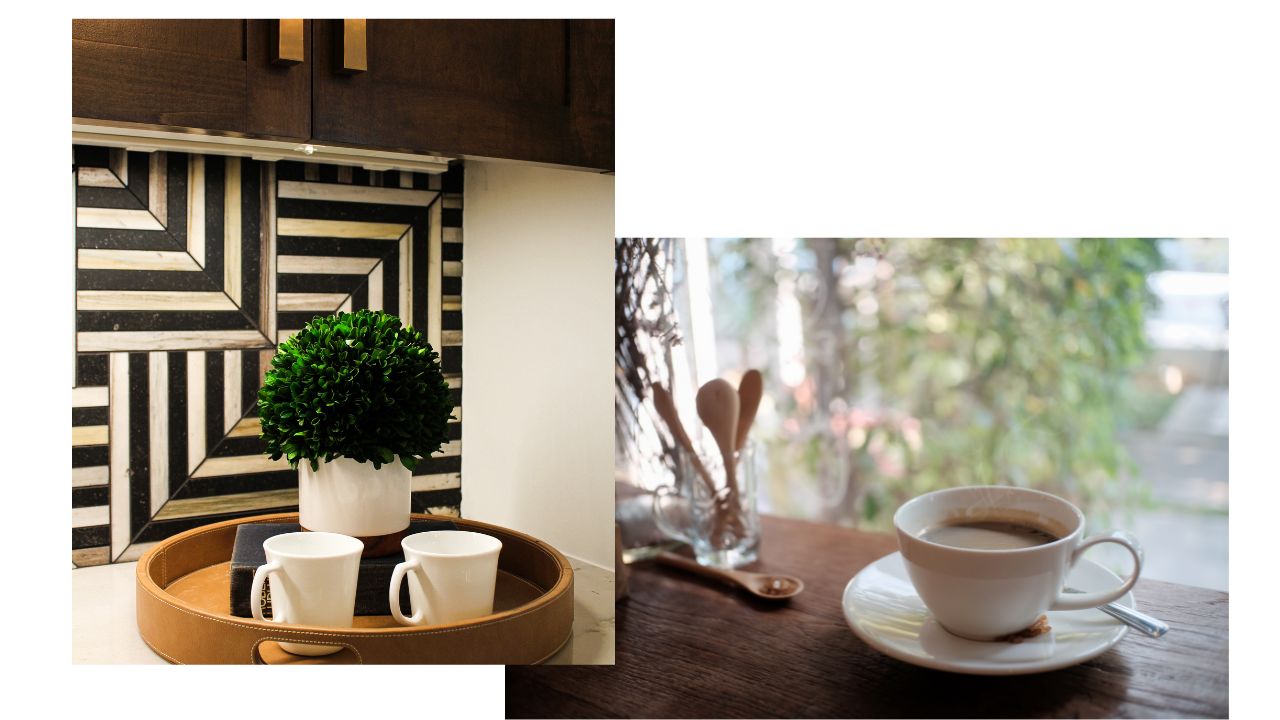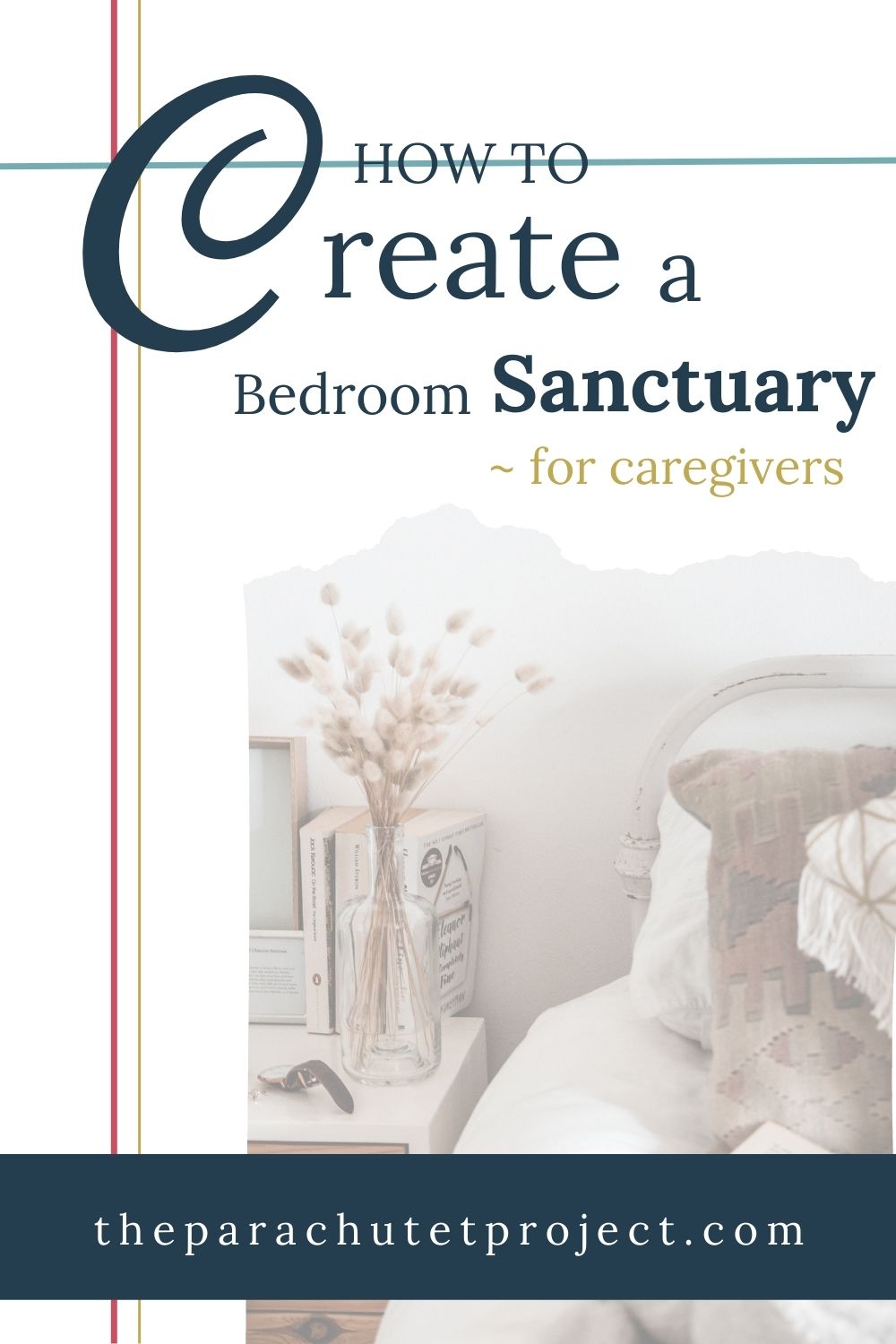How to Create a Bedroom Sanctuary

Recently, I was able to get away for a girl’s weekend at a nearby resort. It was luxurious to walk into a suite that was clean, bright and nicely decorated with the softest pillows and comfortable bed linens. It was like having my very own bedroom sanctuary for the weekend. It was hard to leave.
What if I had a similar sanctuary waiting for me at home?
As parent caregivers, we provide for the needs of our children and family on demand. There is no end to our work day. We shoulder many responsibilities that occupy not only our mind but our physical space, as well. It can be difficult to find relief from these pressures without literally separating ourselves from our own home. Yet, it is not always possible to just leave whenever we feel the need to decompress.
As parents of children with complex care needs we are often living, day to day, in survival mode. That is a difficult level of existence to maintain without frequent burn out. Therefore, it is critical that we find opportunities to allow both our body and mind to rest, no matter where we are.
Fortunately, you can create a space inside your home that is set up tp promote rest, relaxation and respite from your day to day demands without ever leaving the house. The most obvious space is the bedroom and, for the purpose of this post, we will be talking about how to set up your very own bedroom sanctuary. However, if personal circumstances require, another space in your home can work just as well. Simply apply the ideas discussed to your chosen space as they appeal to you.
The bedroom should be a place where you find physical and mental rest and restorative sleep. It is also the place where you should engage in emotional, physical, and sexual intimacy with your partner to maintain the foundation on which your home and family are built. It is the place where you should find quiet, personal space, as well as, an escape from the reminders of work and responsibility, even for just a little while.
So how can you create a bedroom sanctuary for yourself?
First, it is important to remember that your bedroom is a shared space with your partner. Creating a sanctuary for you and your spouse should be a shared project and you should take your partner’s needs and preferences into consideration. It can even be a fun way to spend time together as you decide which elements you can add to your space to make it a warm and relaxing escape for you both. In the end, your bedroom sanctuary should be a place where you can both find rest and nurture shared intimacy, between the two of you.
Second, creating a relaxing and restorative space for your bedroom sanctuary is just as much about what is NOT in it, as what is. So, before we start talking about what our sanctuary might include let’s begin by talking about what we should first get rid of to prepare a clean slate in which to add the “fun stuff”.
What to get rid of:
Clutter
Bedrooms are often the dumping ground for things we just don’t know what to do with: the clothes we don’t quite fit into but don’t want to get rid of, the collection of clay pots our kids bring home from art class, the pile of books we have been meaning to read, and so on. Yet, physical cutter breeds mental chaos and overwhelm. We want our bedroom sanctuary to be a place where can escape the pressure to organize and tidy up. Therefore, we need to eliminate the clutter and commit to keeping it from building up in our bedroom in the future. It means getting rid of what we have no use for and finding a specific spot for each of those things we want to keep.
Work
In an effort to keep important work away from little hands, it can be convenient to add an office to your bedroom. However, having work in our sanctuary space makes it very hard to leave those pressures behind. It is impossible to relax when your work is staring you down.
Electronics
TVs and phones can provide relaxing entertainment and so it is tempting to keep them in the bedroom. However, they also provide distraction from rest and restorative sleep as well as relationship affirming intimacy with our partner. Phones, in particular, undermine the sanctuary of our bedroom by inviting in our social relationships, our work world, and related stressors right into the bedroom along with it.
Pets
Keeping pets out of your bedroom sanctuary will help to keep your space clean. Pets in the bed get between you and your partner, literally, and can interrupt restorative sleep. (Pets can bring calm feelings of companionship and comfort and so they can provide positive benefits, as well. Consider at least keeping them out of the room at times when you most need space, such as, at night while you sleep or during the time you and your partner are alone together.)
Kids
This is a tough one for some people. There are a lot of reasons that parents choose to have their bedrooms open to their children, from nursing to co-sleeping etc. Sometimes it’s not even really by choice. There are as many reasons for having your children in your room, and your bed, as there are reasons to not to. It is up to you to decide what works best for your family in your circumstances.
It is simply true that having kids in your bedroom interferes with your rest and opportunity for intimacy in your marriage. Having your children, or their things, in your room is the same as having your work and responsibilities staring you down. It undermines the sense of sanctuary your bedroom can provide in the middle of long days spent caring for your children. Despite how you may feel, it is not selfish to have a space in your home that is yours and off limits to your children, especially if it provides you with opportunity for the rest and respite you need to be an effective and nurturing parent.
Fights
If you are experiencing a lot of tension in your marriage during a difficult season and argue nearly all the time, it may be a good idea to make your bedroom a true sanctuary by agreeing to leave your disagreements at the door. See what benefit can be had from safeguarding a space where arguing is off the table. Agree that you will only interact in this space to share and connect in a non-confrontational way. This intentionally creates time and space to be together and remember when you were closer together than you were far apart. This can be especially helpful if the contention is over sex, and the bedroom has become a battlefield.
However, for couples for whom conflicts are more sporadic it can be a good idea to have your arguments in the bedroom. Conflict is part of having a relationship with another person and a means of building intimacy. We learn about each other through our disagreements. We work through our issues and come out the other side, hopefully, better and stronger than before. Sometimes having that kind of experience associated with our bedroom is a positive thing. The setting can be a reminder of the exclusive commitment and bond we share and motivate us to work through our issue for the benefit of both partners. To clarify, in these circumstances, your bedroom should be a place where you agree to communicate, not fight, in a way that is constructive and fair.
NOTE:
Remember that this sanctuary is not just for you but for your partner, as well. Regardless of the circumstances, it is not a fair reaction to banish your partner from their own, bed. You certainly have a right to temporarily disengage from sexual intimacy until you are feeling genuinely connected to your partner once again. However, rejecting them from your presence does nothing to improve the situation or fix your hurt. This reaction serves only to further distance you from finding a solution. If you feel you cannot be in the same room, you can make the choice, for yourself, to stay away. However, holding power over your partner by denying them access to a space that is theirs is not fighting fair.
What to add:
Our surroundings serve as a trigger for how we feel and what we do in a space. If we maintain our room as a place for sleep, then walking into that room signals our brain to rest and sleep. If we work in a space, our brain will signal our body to prepare for work. When we blend two very different activities into one space, it can be very confusing to our mind and counterproductive to our body’s response.
However, if we are intentional about the signals we send our body when we enter our bedroom sanctuary, we can maximize the rest and relaxation we feel because our mind and body more quickly transition into a state of rest and relaxation out of habit. They are not left to try and figure out what it is they should do here.
Now that you have eliminated those things that provide mixed signals to your brain and have left only that which promotes rest, relaxation, restoration and intimacy, you can begin adding those extra touches that will enhance your experience of sanctuary.
We will use the five senses as our guide.
This post contains affiliate links. I often share links to products and services that I have used and/or believe would be beneficial to my readers. As an Amazon Associate I earn from qualifying purchases. If you make a purchase through my site, I receive a small commission, at no additional cost to you. In this way, your purchase helps to support the mission of The Parachute Project™. Thank you!
Touch:
Comfortable bedding different fabrics, textures, weights – You are going to be spending a lot of time in your bed and the rest you find here will fuel your days. Do not skimp on the fabrics etc. that will provide you with the comfort, warmth and sensory input you need to encourage deep restorative rest.

Weighted blankets – I personally cannot sleep well without a certain level of weight on my body. If you struggle to sleep well, or to stay asleep for long periods, experiment with weighted blankets. It might be just what you need to subconsciously provide a sense of security you may not even realize your body is missing.
Temperature – Temperature fluctuations can be a big deal in achieving and maintaining restorative sleep. Experiment with layers of clothing and bedding. Switch out linens with the seasons if you find it helpful.
Make the bed – My husband makes fun of me for making the bed before I get in it. He has a point, in that maybe it would be better to make the bed earlier, since I am just going to mess it up again. But I don’t make the bed for how it looks. I make it for how it feels. I simply will not rest as well if the blankets are bunched or crooked or piled up on my side.
Vision:
Lighting –Lighting can do everything from create a relaxing atmosphere, to set the mood for intimacy, to provide separation of spaces within the room, etc. Create different levels of lighting: brighter lights overhead, dimmer lights/lamps, personal reading lights, mood lighting, etc.

Use blinds and light blocking curtains to create a dark and restful space at any time of day.
Encourage relaxation and intimacy by using dimmer switches or candles to set the mood. Red light bulbs cast flattering light.
Keep it clean – Even if the rest of you house looks like a war zone, keeping your bedroom sanctuary neat and in order allows you to have one place you can go to and feel better about your surroundings. A little bit of picking up every day, or intentionally cleaning up after yourself as you go, is all it takes to maintain a clutter free space.
Think about how you use things in this space. Have a place for everything to go when you are done with them, and make sure they get there. Both partners have to be committed to this and be mindful that the goal is to maintain a sanctuary that facilitates mental calm.
Decorate- Think about the colors you find to be calming, relaxing, or comforting. If you are not sure what you want, start with comfortable bedding in neutral colors and add color and interest in other places such as on the walls or in accessories.
Fill the room with only things you enjoy. Keep it simple. You space doesn’t have to come together overnight. You can build and collect items over time.
Be creative with your space. It does not have to look like a hotel room. Shop art sales, consignment shops, thrift stores. Think about using your child’s art or make your own. Use those family photographs. Incorporate pictures of you and your partner at various stages of your relationship, dating, honeymoon vacations, anniversaries etc. Use pictures that make you feel good and boost your confidence.
Scent:
Not everyone likes strong perfumes so when adding scent to your space, be considerate of your partner’s preferences.
Scents can be an effective trigger of memories and good feelings, which can be used to associate your bedroom space with something that gives you comfort, etc. Choose a scent you want to associate with your bedroom sanctuary.

Maybe you will choose a scent that you already associate with a memory and bringing that scent into your room triggers calm, relaxing, happy feelings. Maybe the scent reminds you of something you or your partner wore when you were dating, your honey moon, a vacation or place you visited, for example.
Maybe you are going to pick a brand new scent for your room, something that when you smell it outside of the space gets you thinking about the rest, relaxation and romance that happens there. Maybe it’s a new perfume which when worn on date night can hint at what comes later. The possibilities are limited to your imagination.
Aroma therapy – Natural scents can also be extremely powerful for creating a space that promotes relaxation, pain control, sleep, etc. You can choose essential oils to diffuse into the room, based on your preferences or physical needs, to maximize the benefits of your bedroom sanctuary.
Sound:
Music – Consider adding music to your bedroom space. Music is itself a form of therapy. It can improve mood, through the production of dopamine, reduce stress and feeling of anxiety and depression. Music inspires creativity and is a powerful expression of your personality.

Like scent, music can trigger positive feelings whether based on past experiences, memories, or personal preferences. Choosing music you enjoy can set the tone for the space and allow you to enjoy its benefits more effectively.
Listening to music together is also an enjoyable way for some couples to spend time together, assuming their musical tastes are aligned. Music can help to promote warm feelings that build and promote intimacy.
White noise – In a busy household, background noise can easily invade your bedroom and undermine the sense of sanctuary you have worked so hard to achieve. Using a white noise machine, or playlists, can help to mask some of the background noises that threaten your rest.
Taste:
The bedroom isn’t usually the room we associate with preparing or storing food items. However, depending on your personal circumstances it may be something you want to consider adding to your sanctuary.
For example, a coffee bar in your room may allow you to wake up to a warm beverage and enjoy a few minutes to yourself in the morning without disturbing the household. Think outside the box. The possibilities are as varied and unique as you are.

The key to an effective bedroom sanctuary is boundaries. First set boundaries with yourself. Commit to safeguard this space so that it can be used the way it is intended, as an easy place to escape and find respite in your own home. You do not want to fall back into the same habits that allow the chaos and clutter to intrude.
Second, is to set boundaries with your partner. You must both be committed to maintaining a bedroom sanctuary that serves each of your needs. Without mutual commitment, you risk frustration when one person is left to maintain and safeguard the space for both.
Finally, set boundaries with your children. You must teach them that parents need time to themselves and your personal space and privacy is to be respected. Also, communicate that couples need to spend time alone together in order to maintain a strong relationship. These are important and valuable lessons for them to learn and the earlier you start setting these boundaries the easier it will be for them to follow. If your kids are old enough, get a bedroom lock and don’t be afraid to use it.
Use your bedroom sanctuary as a place to find refuge in moments when you are overwhelmed and worn out. Even just a short time, in a place that is intentionally designed to promote rest and relaxation, can be effective in providing the calm and restoration you need to get through long days. Having a space in your own home where you can easily retreat, without preparation or fuss, is a valuable solution.
Self-Care Action Discussed in this Post:
Use the ideas discussed in this post as inspiration to create a bedroom sanctuary in your own home. Use this space to find rest and relaxation in the middle of busy days without ever having to leave the house.
Related Posts:





